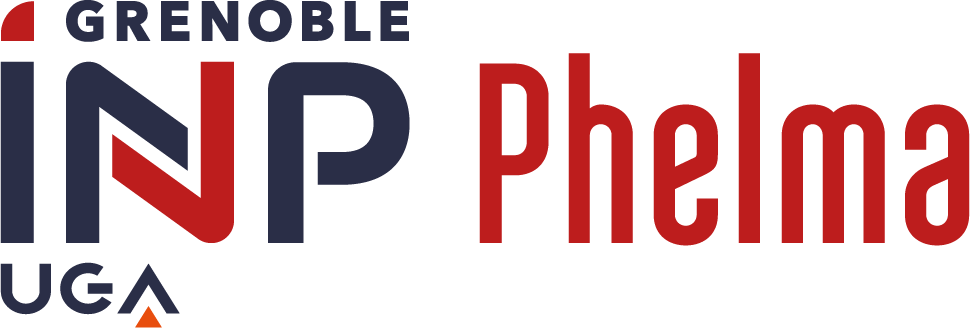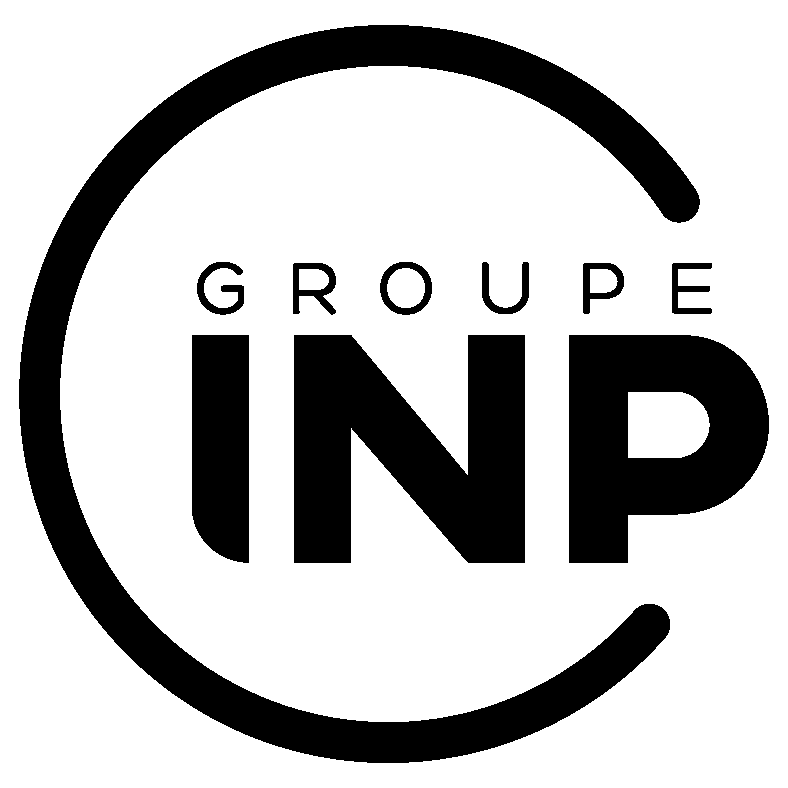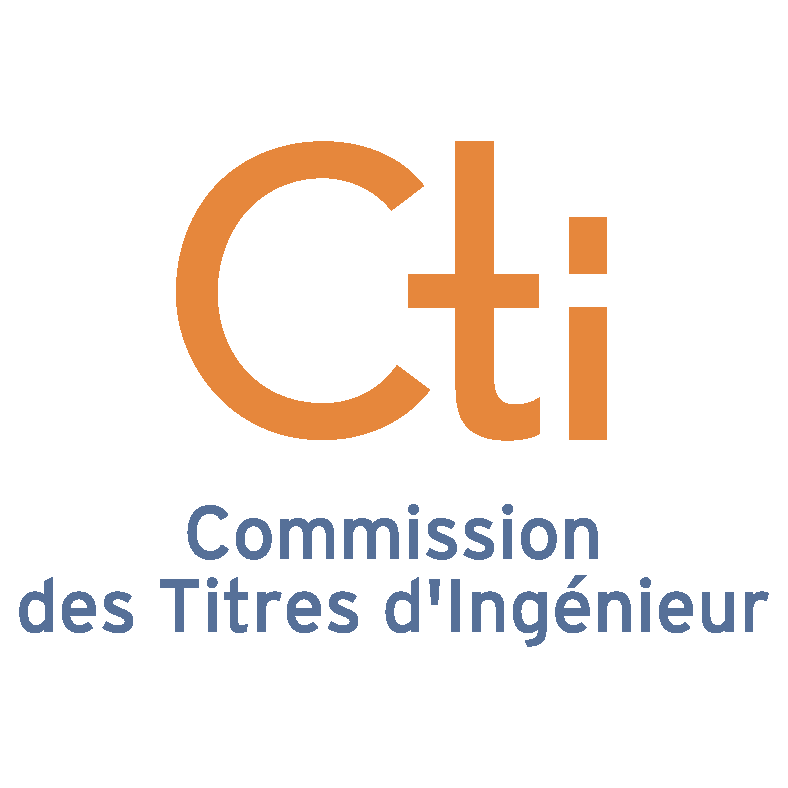FAQ - Diversity of student profiles
Diversity of student profiles
The objective of the “High Level Sportsman” status is to allow sportsmen and women who practice their discipline at a high level and the best regional sportsmen and women with a real potential to reach the high level, to combine their studies with their training and competitions. High-level sports students can benefit from various schooling arrangements, sports coaching, as well as social support for housing or financing.
Intended for students who wish to pursue the in-depth practice of an art form during their engineering studies, the “High Level Artist” status allows them to benefit from an adjustment of their school time in order to reconcile their studies with their artistic project. The scheme is part of the IDEX Univ. Grenoble Alpes and has been extended to the level of the Grenoble Alpes University Community since the start of the 2017 academic year.
Whatever the project (technological, innovative, cultural, sporting, economic or social) and the approach (collective or individual, creation or takeover of an activity), each student can benefit from university recognition and support via the National Student-Entrepreneur Status and the Student-Entrepreneur Diploma to build and develop their project.
To complete their scientific and technological training, engineering students can now opt for a double degree that will provide them with the dual “engineer – manager” skills that are increasingly sought after by companies. The objective of the Master of Business Administration (MBA) is to train executives capable of combining specialised know-how with general and operational management skills. This degree is co-habilitated with the Institut d’Administration des Entreprises (IAE) of Grenoble.
To complete their scientific and technological training, engineering students can now opt for a double degree that will provide them with the dual “engineer – manager” skills that are increasingly sought after by companies. The Ecological Transitions programme of the Sciences Po Grenoble diploma trains students and professionals to support and manage ecological transition projects in all types of organisations and in most sectors of activity concerned by the challenges of transition. This course thus aims to acquire knowledge and operational skills in the key sectors of the ecological transition, as well as in the modes of governance of this transition. This course also aims to disseminate and master the legal, economic, political, sociological and philosophical tools and concepts that enable us to think about and support the transition.
To complete their scientific and technological training, engineering students can now opt for a double degree that will provide them with the dual “engineer – manager” skills that are increasingly sought after by companies. Generalist skills, additional to engineering training, such as project management or human resources management can be an asset mainly in career progression or potential retraining and more generally in adaptability.
The gap year takes place over one academic year. During this year, the student suspends his or her studies while remaining enrolled at Phelma, thus maintaining his or her student status and the associated benefits (social security coverage, student card, etc.). For studies at another institution, a voluntary suspension of studies is possible (no registration at Phelma, no Grenoble INP student card). This break can take several forms: work contract in a company, voluntary and/or international work, training, business creation project, or personal experience in the service of one’s professional orientation, etc. To be accepted, the gap period must be able to be valued in the professional project. The files are built with the director of studies who follows them from the beginning and throughout the year as the project progresses.





